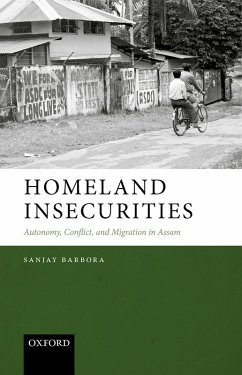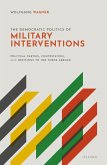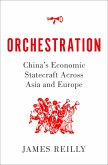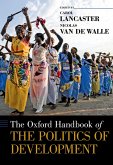'Homeland Insecurities' engages with the impact of counterinsurgency, migration, and conflicts arising out of demands for autonomy in Assam, Northeast India. It asks three sets of related questions: (a) what are the origins of demands for ethnic homelands? (b) why does migration continue to be such an overarching oeuvre in political discourse in Assam and how does one engage with new forms of mobility? (c) how does a society recover from counterinsurgency and what are the new forms of militarisation that are emerging in the present? Working on the main argument that demands for autonomy and social justice have been central themes that have been historically articulated in Assam, it shows the tensions that arise in explanations about causes of conflict in the state. These tensions, I argue, are best understood through a critical engagement with everyday politics of organisations and individuals working on the ground. Although there is a general tendency to read conflict in Assam through the lenses of ethnicity and development, nevertheless there is evidence to show that affect offers an additional analytical tool because of its ability to offer a layered, sometimes paradoxical account of events and situations that cause conflicts in the region.
Dieser Download kann aus rechtlichen Gründen nur mit Rechnungsadresse in A, B, BG, CY, CZ, D, DK, EW, E, FIN, F, GR, HR, H, IRL, I, LT, L, LR, M, NL, PL, P, R, S, SLO, SK ausgeliefert werden.









